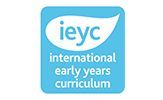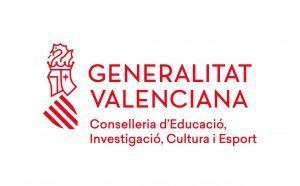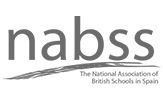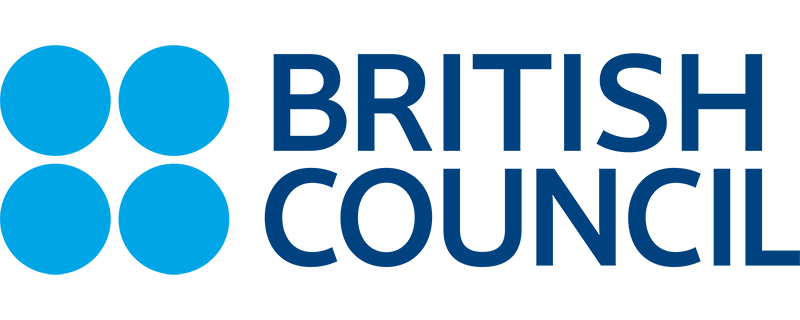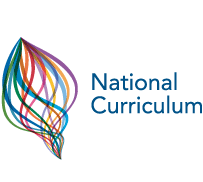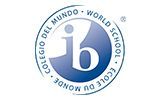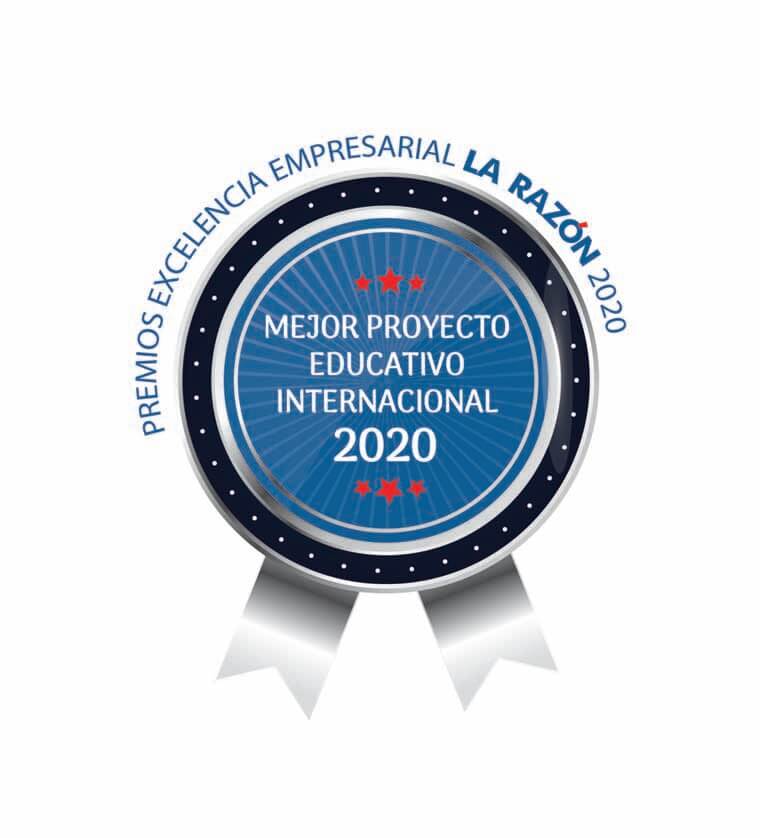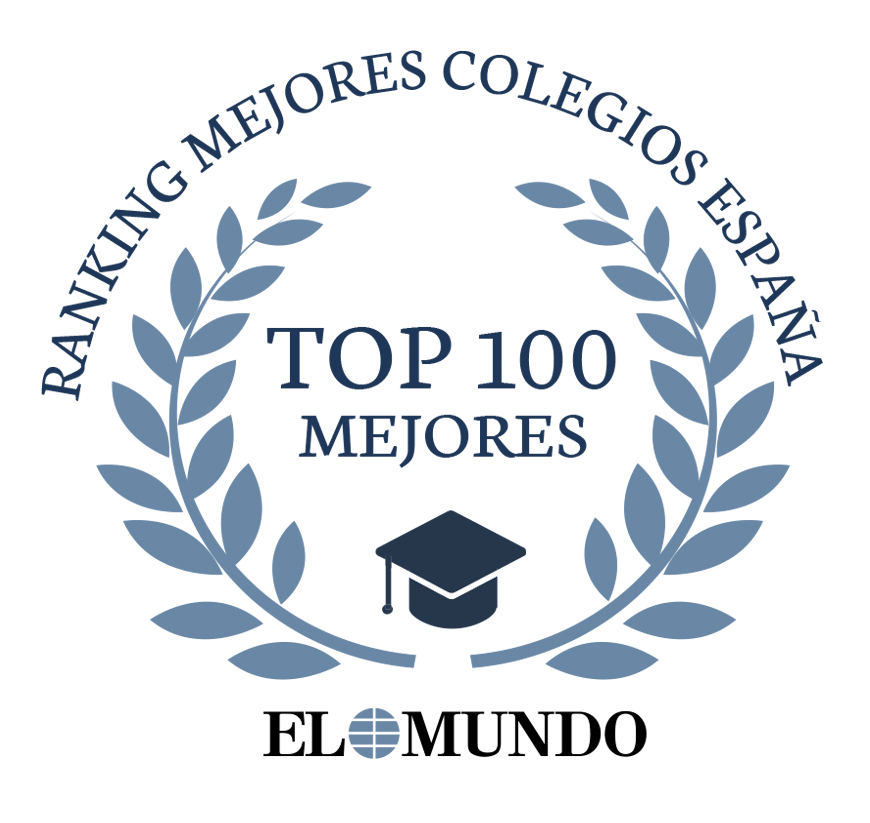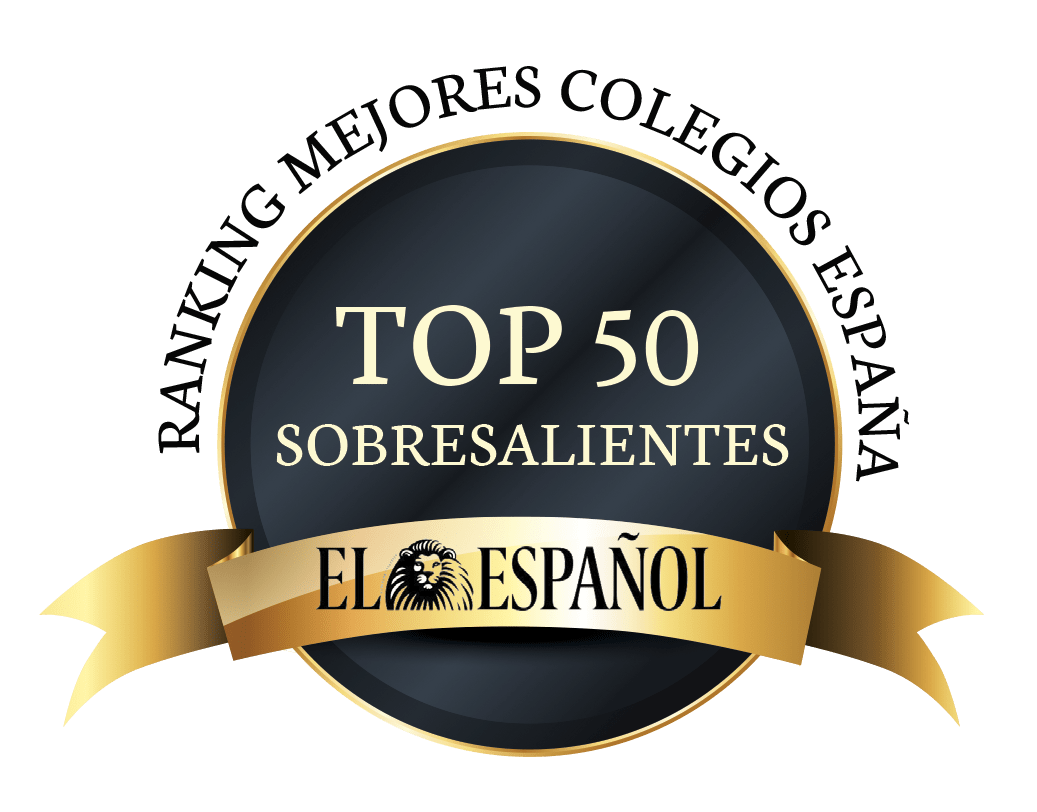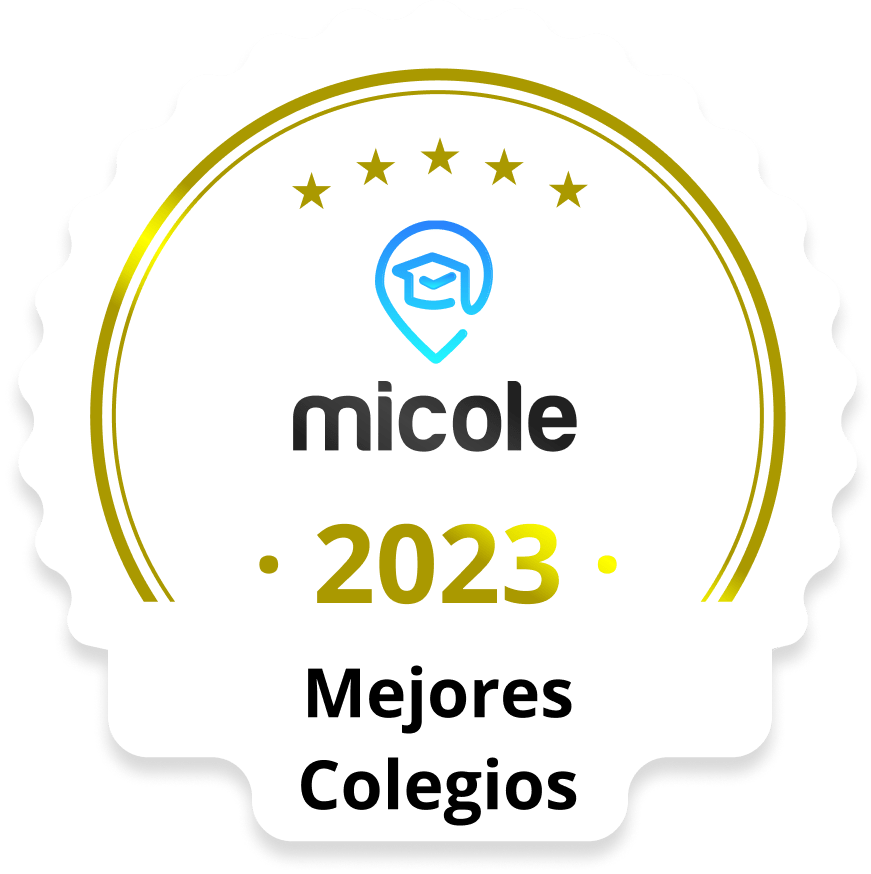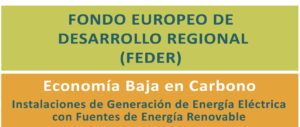MIDDLE YEARS PROGRAMME
The proposal put forth by the IBO for ages 11 to 16 is known as the Middle Years Programme (MYP). This is an international educational programme that was set up to help students develop the knowledge, understanding, attitude and skills that are needed to take an active and responsible role in a changing world.
This period, which includes the early and middle stages of adolescence, is a particularly critical time for personal and intellectual development and, as a result, calls for a programme that helps students to appreciate and understand the connections between traditional subjects and the real world, as well as helping them to become critical thinkers with the ability to think for themselves. Learning to learn and to evaluate information critically is as important as learning the contents of the course subjects themselves.
The MYP places the student at the centre of a curricular model because his or her development is, naturally, the central focus of the educational work. There are two concentric rings around the students that represent the most important requirements and aspects in the MYP’s teaching-learning process. The curriculum contains eight groups of subjects that make up the outer circle: Mathematics, Science, Language and Literature (Spanish and English), Language Learning (German), Art (Music, Visual Arts, Performing Arts), Design (Digital and Product Design), People and Society (Geography and History), Physical Education and Health.
Regardless of whether a student obtains the IBO Certificate, the MYP’s orientation has many benefits for all our students’ education, which is why Laude Newton College combines the Middle Years and the National Programmes in one programme.
Global contexts
The IB programmes are intended to cultivate an international mentality in a global context. In the MYP, teaching and learning require the understanding of concepts within a specific context. Most studies on education consider that any effective learning is contextual.
These contexts are directly related with the above areas of interaction, but they are even more explicit (Human Ingenuity, Health and Social and Environmental Education are merged). In general terms, throughout the 5 years of the MYP and within its different subjects, the exploration of global contexts
- Provides a common starting point for thinking about what an international mentality means, developing the personal skills and values needed for global commitments.
- Offers a framework for a curriculum that encourages inter-cultural understanding and multilingualism.
- Encourages students to learn through questions and issues of personal, local and global importance.
- Creates opportunities for dynamic cycles of research/action/reflection that lead our students toward multicultural awareness.
- Inspires the exploration of what connects us as human beings, and highlights our shared responsibility for caring for the planet.
These 6 global contexts respond to the following questions:
- Who are we? IDENTITIES AND RELATIONS.
- Where are we in time and space? ORIENTATION IN TIME AND SPACE.
- How can be express ourselves? PERSONAL AND CULTURAL EXPRESSION.
- How does the world work? SCIENTIFIC AND TECHNICAL INNOVATION.
- How can we organise ourselves? GLOBALISATION AND SUSTAINABILITY.
- How can we share the planet? EQUALITY AND DEVELOPMENT.
Service as action
Since its beginnings, the goal of the IB has been to develop a social conscience and a sense of responsibility for local and global community within students. Learning in the MYP goes beyond the intellectual scope; it includes not only socially responsible attitudes, but also thoughtful and appropriate actions taken by our students as the outcome of their learning process. This action will extend our students’ learning process, and may have wider social repercussions.
Through responsible action, directly linked with research and critical reflection, our pupils are able to develop the type of attributes that are essential for the success of our IB students in their future academic aspirations and adult life (initiative, collaboration, perseverance, ethical sensitivity, communication, team-work and commitment).
This requires our students to be able to form real connections between what they learn in class and what they see in their community. The solidarity projects in the school’s social action programme, and specific theoretical-practical actions in different subjects, will take students through these 5 stages during their experience in the MYP: research, preparation, action, reflection and demonstration.

